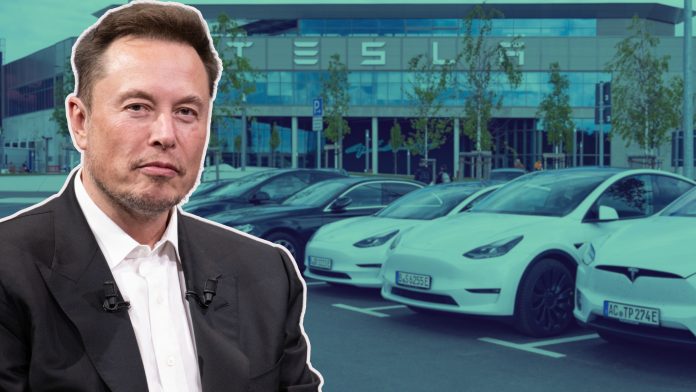Tesla will delay production of its more affordable electric vehicle (EV) models, including the budget variant of its best-selling Model Y, Reuters reported on Friday.
During Tesla’s first-quarter earnings call in January, the company revealed that as part of its two-pronged strategy, it would roll out more affordable electric vehicle (EV) models. The lower-cost variant of the Model Y, internally referred to as E41, was expected to launch during the first half of 2025. However, three sources close to the matter told Reuters that Tesla will postpone production by at least three months. The reason for the delay is unclear, and the announcement comes just days before the automaker’s scheduled earnings call on Tuesday.
Tesla is under increased pressure following disappointing first-quarter financial results. Q1 2025 was the automaker’s weakest quarter since 2022, and its market share has shrunk significantly from over 75% in 2022 to just under 50% in 2024. The EV market is heating up with legacy automakers such as General Motors, Ford, and Volkswagen closing in, and newer rivals like Rivian and Lucid, although significantly smaller than Tesla, are offering fresher models.
In addition, CEO Elon Musk is also facing growing criticism for his involvement with the Trump administration and for spearheading the controversial U.S. Department of Government Efficiency (DOGE). His dismantling of federal agency operations has drawn scrutiny, with concerns that it may hurt Tesla’s reputation and performance. In addition, a “Tesla Takedown” movement has gained traction globally, with thousands of individuals publicly protesting Musk. Several incidents have occurred in which Tesla vehicles and dealerships have been set on fire and vandalized.
In addition to growing public backlash and scrutiny, the automaker also faces challenges with its aging lineup. However, rolling out newer vehicles could refresh Tesla’s portfolio and attract increased consumer demand, especially as affordability remains a growing concern among consumers. This could potentially turn the tide for Tesla, helping it to recover lost market share. The production delay may raise further questions from investors, who have already expressed concerns about Tesla’s trajectory and long-term strategy.




